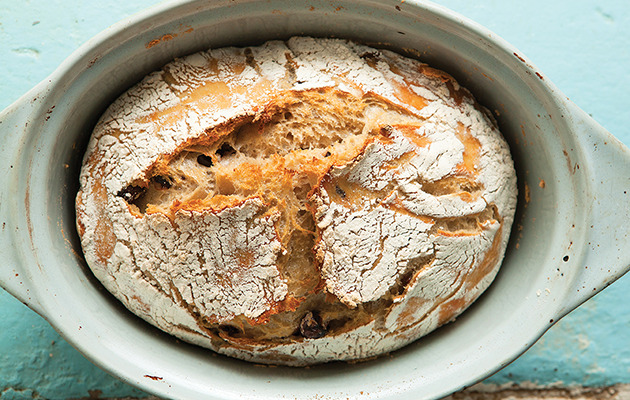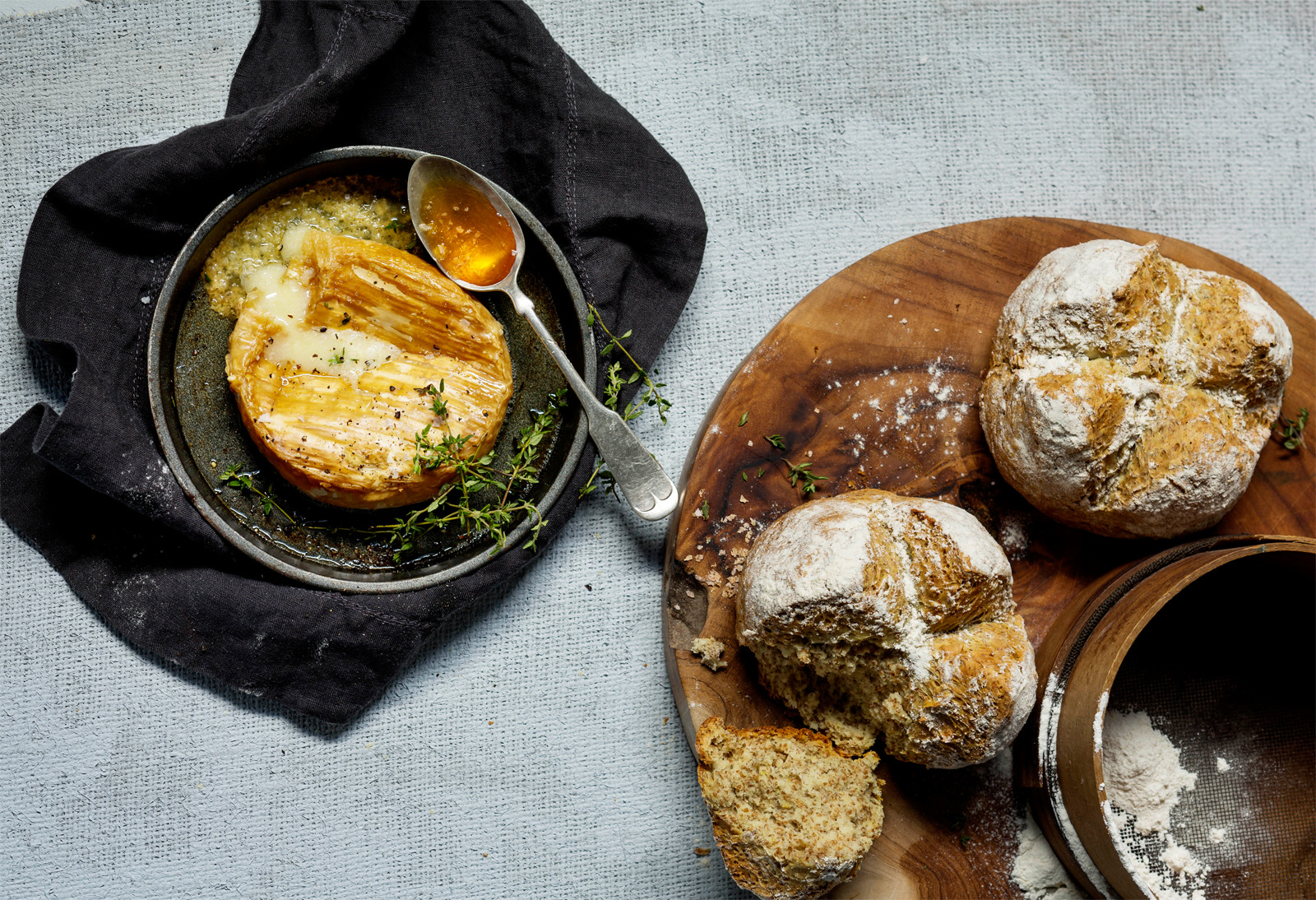Master the art of bread making
Who doesn’t aspire to baking their own bread? Imagine the scene: sunshine streaming through your kitchen window, your house filled with that irresistible aroma, then eating a slice, dripping with butter, straight from the oven. But, let’s be honest, working with yeast and all that kneading, rising and knocking down can be a little intimidating. Fear not. You can do it.
Yeast is a living organism and it needs to be fed. It feeds on the sugars and starch naturally present in dough and expels carbon dioxide, which makes dough rise.
What you need to know about working with yeast:
Yeast feeds and reproduces best between 20 and 25°C, so if your house is too cold turn on the oven for a bit to heat up your kitchen and allow the dough to rise there. If your house is too hot, find a cool place for it to rise. Yeast is dormant below 10°C, so don’t try this on a cold day.
Dough made with eggs, dairy or fat, such as brioche, will take longer to rise, or may not rise as much as dough made with just flour and water.
What’s with “knocking or punching down” dough, you ask. This bursts the tiny air bubbles that have formed during the first rise, and makes them form again in subsequent rises, resulting in a smoother dough with a finer texture or “crumb”.
Try: this slow-rise olive bread
IT’S SO KNEADY
Most bread dough needs to be kneaded, which involves stretching the dough to develop the gluten and evenly distribute the ingredients.
Hold the dough with one hand and stretch the rest of it away from you with the other, then bring it back into a ball and do the same with the other hand. Knead until the dough is smooth and can stretch without tearing. You can use a food processor or electric mixer to do this, but learn to do it by hand first to get an idea of what the dough should look and feel like.
No time for kneading? Try this no-knead soda bread




Comments